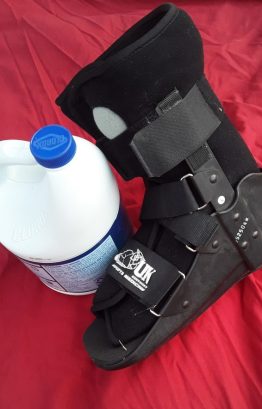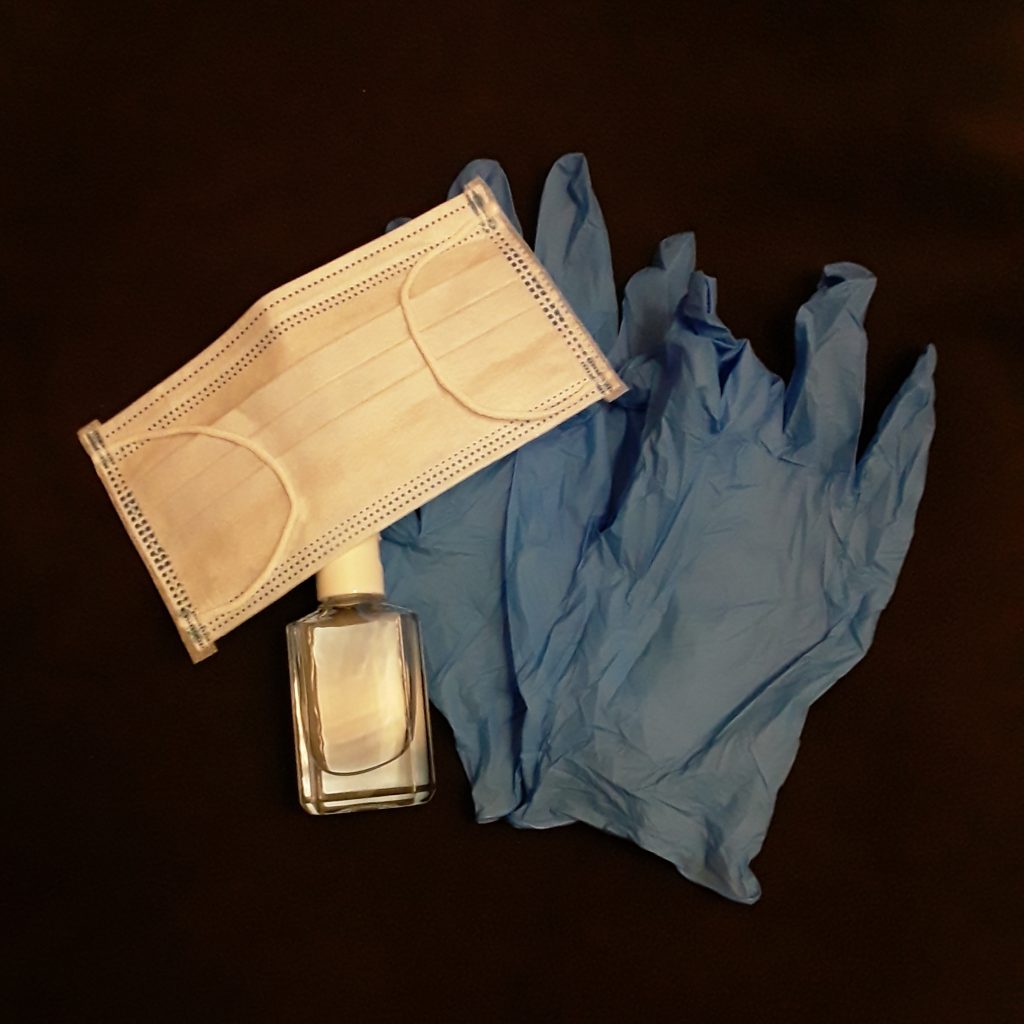He is the image of the invisible God, the firstborn of all creation. For by him all things were created, in heaven and on earth, visible and invisible , whether thrones or dominions or rulers or authorities – all things were created through him and for him. And he is before all things and in him all things hold together. And he is the head of the body, the church. He is the beginning , the firstborn from the dead, that in everything he might be preeminent. For in him all the fullness of God was pleased to dwell, and through him to reconcile to himself all things, whether on earth or in heaven, making peace by the blood of his cross. ( Colossians 1:15-20 ESV)
And You Were Dead
The opening phrase for chapter 2 of Ephesians frames Paul’s theology for justification by grace alone through faith alone. That phrase describes something that should be impossible and remains impossible apart from a supernatural intervention. It holds in itself a contradiction of the natural order of creation we can observe. Sane people don’t normally write letters to people who “were” dead.
But that is exactly the state in which we are when the Holy Spirit comes to us. Paul leaves no room for doubt when he describes the work of salvation in verse 8-10. It is no work of our own goodness or will that makes us suitable for salvation. Only the gracious act of God can reveal to us the reality of who Jesus is by the work of the Holy Spirit.
This helps us to understand faith as a word and as and idea. James helps us to understand how real faith is evidenced by works, but it is not produced by works. The writer of Hebrews makes it clear that righteousness comes only by faith, and it is always God who is the primary actor in giving faith and making righteous.
Scripture Readings
Ephesians 2:1-10 James 2:14-26 Hebrews 11:1-19 Colossians 1:15-20
Pray
Ask God to work to open the eyes of the lost people to faith in Christ and that he would open our mouths to tell them of his goodness and how they can be saved. They are dead. And we were dead. Only Jesus can make us alive together in him.


